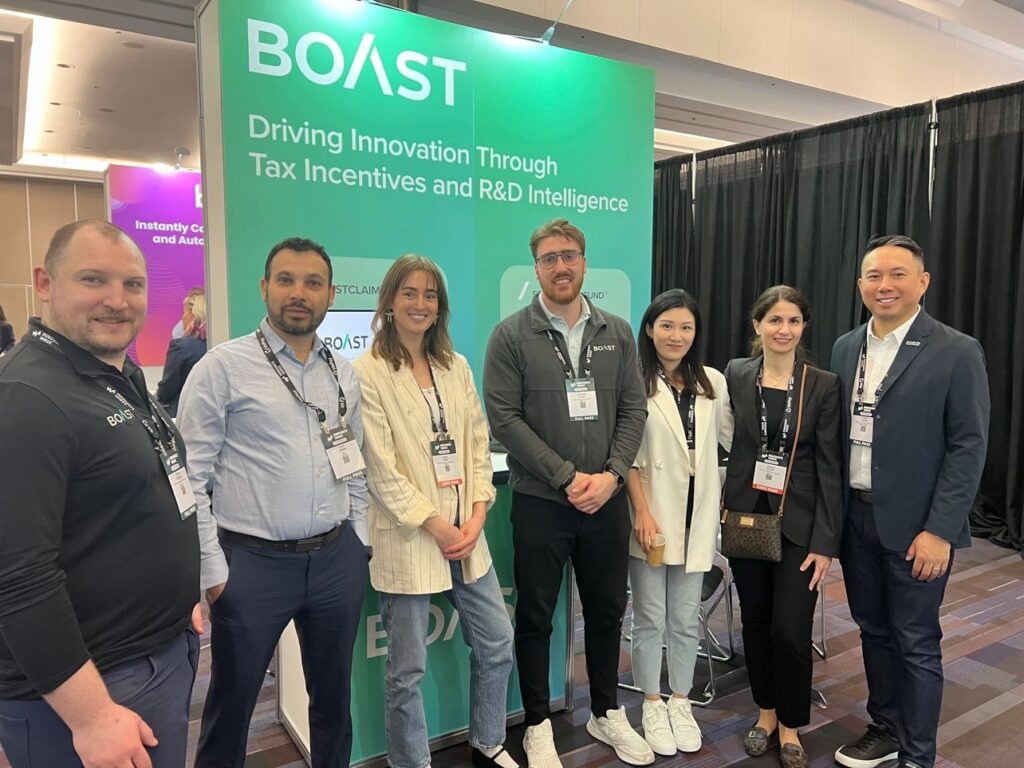Artificial Intelligence (AI) is hardly a new concept, but the buzz around AI and machine learning (ML) has probably never been louder. That’s as publicly-available generative AI platforms—tools designed to quickly create new content via straightforward prompts—take social media by storm.
At the same time, the business community has welcomed solutions like ChatGPT as they explore intelligent and responsible ways for AI to help streamline their operations—while also riding the wave of positive interest that comes with AI associations.
For a taste of just how much the conversation around AI has grown, look no further than online search traffic from the past two years.
According to SEMRush, searches for “AI text generator” grew 820 percent year-over-year in January 2023, while “text to video AI” rose by 5,900 percent and “AI search engine” jumped by 7,264 percent over the same period.
In fact, website traffic for ChatGPT alone already rivals Microsoft’s Bing search engine, driving almost 50,000,000 daily users during the final weeks of February 2023.
While interest in AI has never been higher, the rapid adoption of new generative technologies has given some business leaders and even politicians pause. That’s because the adoption of generative AI in production has far outpaced the ability for businesses and governments to both regulate the use of ML in production, while fully understanding the long-term outcomes of this quickly evolving technology.
AI adoption surges among North American businesses
A recent survey from KPMG looked at AI adoption in both Canada and the United States, finding that use of the technology is growing like wildfire among businesses communities on both sides of the border.
Looking at ChatGPT specifically, 37 percent of Canadian companies polled are deploying the tool to “improve their operations” compared to 65 percent of businesses in the US. Similarly, when looking at AI broadly, 35 percent of Canadian businesses are already using the technology today compared to 72 percent of US counterparts, though there are a few different ways to look at the numbers.
For starters, AI is a very broad catch-all, with ChatGPT and generative AI technologies accounting for just a subset of the many solutions that could broadly be defined as Artificial Intelligence. To that end, when considering the massive search volume and interest in AI keywords of late, even organizations that are only starting to explore new technologies may be quick to associate themselves with AI-related terminology.
So while adoption rates may appear to be lagging in Canada compared to the US, it may actually be a matter of looser associations. That said, growth estimates are still massive on both sides of the border, with further development only hindered by a lack of existing expertise in the field of AI to fuel even faster development: Forty-seven percent of Canadian businesses said they lack the in-house expertise today to validate and verify the accuracy of their AI algorithms.
“Canadian organizations are trailing behind their U.S. counterparts when it comes to AI adoption, and it comes at a time when developments in the space are moving fast – particularly in generative AI,” Benjie Thomas, Canadian Managing Partner, Advisory Services at KPMG in Canada, says in the report.
This last point bears repeating, however, as developments in the AI realm are moving incredibly fast—even by Silicon Valley standards—causing some of the world’s most aggressive tech evangelists to voice their own concerns.
Calls for greater regulation, pause on AI development
Over the past few months, alarm bells over the unregulated use of new AI have been coming from all corners.
An open letter from the Future of Life Institute was signed by more than 1,100 technologists and business leaders—including Tesla CEO Elon Musk and Apply Co-Founder Steve Wozniak—at the end of March that called for a six-month moratorium on the development of “advanced AI systems.”
Specifically, the letter requested that no new AI system be developed that would be more powerful than the GPT-4 technology underpinning ChatGPT and other popular generative-AI tools.
Similarly, tech leaders and politicians across Canada signed an open letter in late April supporting Bill C-27, which includes a draft of the Artificial Intelligence and Data Act (AIDA). If passed, AIDA would be among the first federal regulations mandating responsible use of AI in the world, offering protections for Candians and their data while providing a “scaffolding for regulations” that support continued regulations.
“It is worth emphasizing that regulating AI supports innovation and economic growth. Providing a practical and robust legal framework will enable Canadian businesses to operate in alignment with forthcoming requirements in many other jurisdictions including Europe, the UK, and the US,” the letter reads.
Continuing innovation with responsible use of AI
AI and ML are poised to be major drivers of innovative technologies and solutions for years to come, especially for startups that are on the cutting edge of tackling technological uncertainty. Responsibly leveraging AI to increase automation, scale operations and ultimately deliver a more agile product roadmap can be a game changer for startups if they have a framework to follow.
Understanding how to characterize the use of AI in the context of R&D requires expertise—specifically when it comes to outlining what activities could qualify for tax credits or government grants that founders can reap to extend their runway.
To learn more about business growth strategies and how teams can take advantage of non-dilutive R&D funding options, book a call with Boast today.









